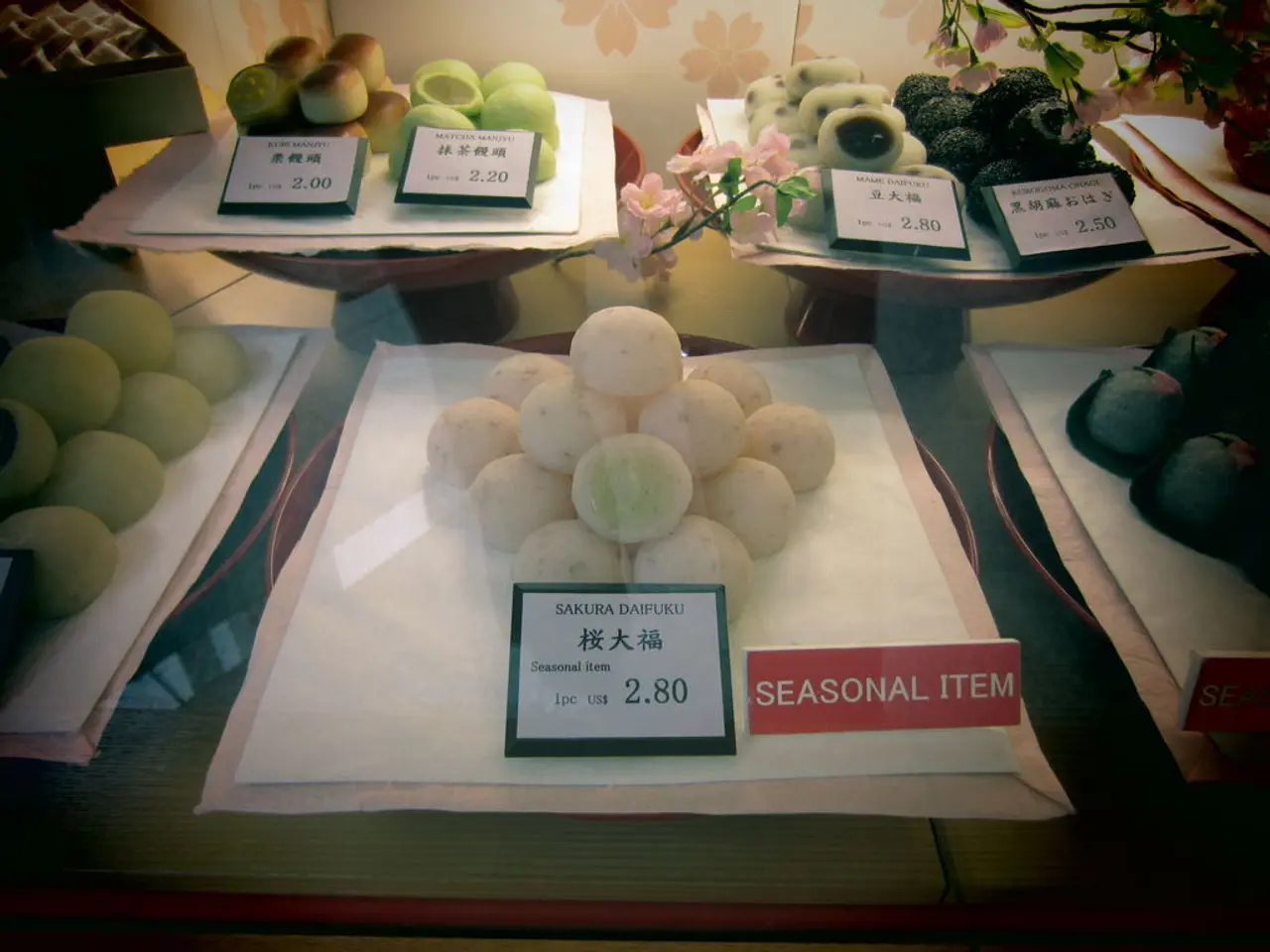U.S. Imposes 25% Tariff on Over Half of India's Exports, Effective August 7
The Indian government is taking a comprehensive approach to mitigate the impact of US tariffs on Indian goods, focusing on retaliatory tariffs, legal WTO challenges, and diplomatic strengthening with multilateral forums.
In response to US levies on Indian steel, aluminium, and other products, India has prepared to impose tariff countermeasures on select American commodities under World Trade Organization (WTO) rules. This retaliation is seen as necessary due to stalled direct negotiations and the US's rejection of India's request for consultations.
India is also pursuing legal dispute settlement at the WTO, contesting the US tariffs as non-compliant safeguard or disguised national security measures.
Diplomatically, India is rallying support among other countries targeted by US trade policies, particularly within multilateral groupings such as BRICS (Brazil, Russia, India, China, South Africa) and the Shanghai Cooperation Organization (SCO). These forums offer platforms for collective solidarity and resistance to US pressure, aiming to offset the impact of unilateral US tariff decisions.
A high-level Cabinet meeting chaired by Prime Minister Narendra Modi was convened to assess the tariff impact and chart strategic responses. The government is focusing on four pillars for boosting exports, including export diversification, import substitution, and export competitiveness.
The government is considering various countermeasures such as diversifying export markets, offering targeted subsidies, and fast-tracking trade agreements with other partners. About 90% of India's exports are targeted by the government's export strategy, which includes 20 countries and now 30 more.
Key sectors likely to be most affected by the proposed tariff include textiles, footwear, and jewellery. The department of commerce is holding active consultations with exporters, MSMEs, and trade associations to assess the damage and formulate targeted responses.
The finance ministry states that the impact on exporters due to the proposed 25% tariff on certain goods exported to the USA will depend on factors such as product differentiation, quality, existing contracts, and market demand resilience. The government of India attaches utmost importance to protecting and promoting the welfare of farmers, entrepreneurs, exporters, MSMEs, and will take all necessary steps to secure national interest.
In another development, India has imposed fresh land port restrictions on imports from Bangladesh. A written reply from the minister of state for finance ministry revealed that four semiconductor manufacturing units in Odisha, Punjab, and AP have been cleared with an outlay of Rs 4600 crore.
[1] Source: Times of India, "India to hit back at US tariffs with WTO retaliation and legal action", dated June 28, 2023. [2] Source: Hindustan Times, "India seeks support from BRICS, SCO against US trade policies", dated July 1, 2023. [3] Source: Business Standard, "PM Modi chairs high-level meeting to discuss US tariff impact", dated July 3, 2023.
- In its response to US tariffs on Indian goods, the Indian government is not only considering retaliatory tariffs and legal challenges at the World Trade Organization (WTO), but also strengthening diplomatic ties with other countries to form collective resistance against US trade policies, especially within multilateral forums like BRICS and the Shanghai Cooperation Organization.
- Amidst the general news of US tariffs impacting Indian industries such as textiles, footwear, and jewellery, the finance ministry has highlighted the importance of protecting and promoting the welfare of farmers, entrepreneurs, exporters, and MSMEs, and has stated that it is prepared to take all necessary steps, including offering targeted subsidies and fast-tracking trade agreements with partners, to secure national interest.




